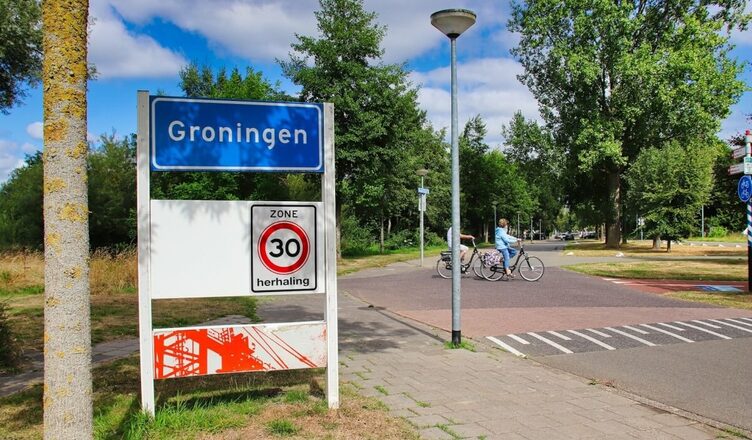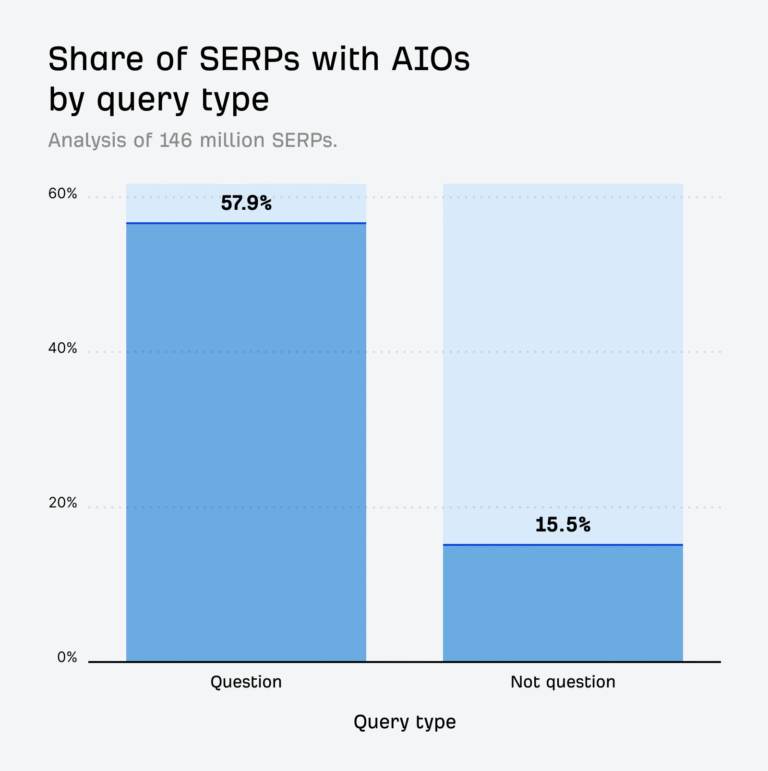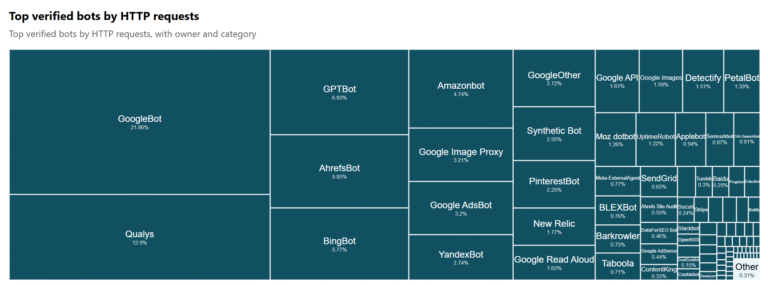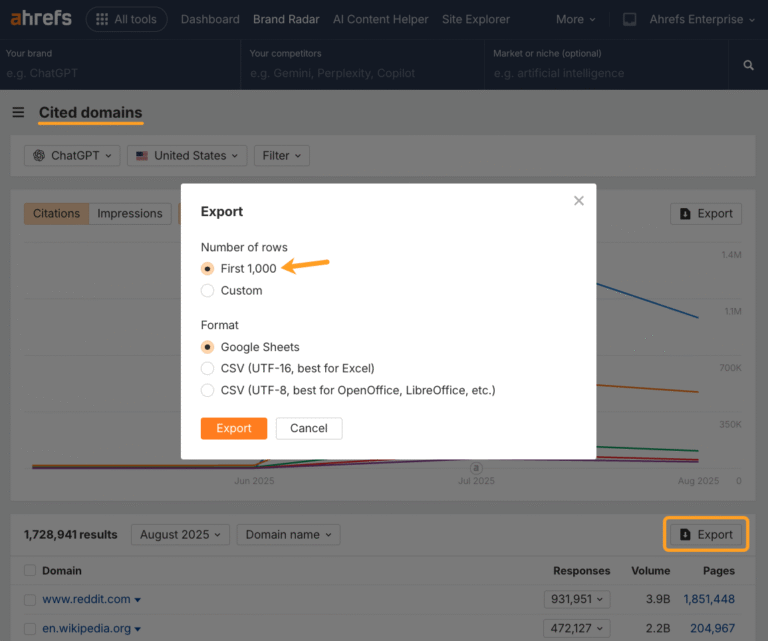
The Netherlands has announced a €200 million investment to establish a national artificial intelligence (AI) factory in the city of Groningen, marking one of the country’s most significant steps toward technological sovereignty and digital resilience. The initiative aims to reduce Europe’s dependence on AI innovations from the United States and China by building local expertise, infrastructure, and computing capacity capable of powering next-generation industries.
The AI factory will serve as a high-performance innovation hub where researchers, startups, and public institutions collaborate to develop and deploy advanced AI solutions. Equipped with a supercomputer providing exceptional processing power, the facility will enable experimentation and secure data management while driving applications across multiple sectors, including healthcare, energy, defense, manufacturing, and agriculture.
According to Dutch Minister of Economic Affairs, Mona Keijzer, AI represents both an economic opportunity and a matter of national strategy. “AI will fundamentally change our economy and society,” she said. “But those who do not develop the technology themselves will be dependent on others. That is why we are fully committed to a strong Dutch AI infrastructure. This is not a luxury, but a necessity to maintain our digital independence and competitiveness.”
The investment is the result of a coordinated effort between the national government, the Groningen and North Drenthe regional authorities, and European partners. The Dutch cabinet will contribute €70 million, while regional bodies will add €60 million from the Nij Begun Economic Agenda. An additional €70 million in European co-financing has been requested through a joint proposal by SURF, AIC4NL, TNO, and Samenwerking Noord, bringing the total investment to the €200 million target.
Emerging Digital Hub
Groningen was selected for its strong ecosystem of educational institutions, data centers, and technology firms. The region has become an emerging digital hub within the Netherlands, offering both the expertise and physical infrastructure necessary to host the high-density supercomputing systems required for AI research.
If approved as planned, construction of the AI factory will begin in 2025, with operations scheduled to start in 2026. The supercomputer is expected to be fully operational by early 2027, offering cutting-edge computing resources to Dutch and European researchers and enterprises.
Beyond its technological goals, the initiative is seen as a statement of intent – underscoring the Netherlands’ ambition to secure its position as a European leader in AI innovation. The project represents not just an investment in technology, but a long-term commitment to economic competitiveness, national security, and digital autonomy in a rapidly evolving global landscape.





